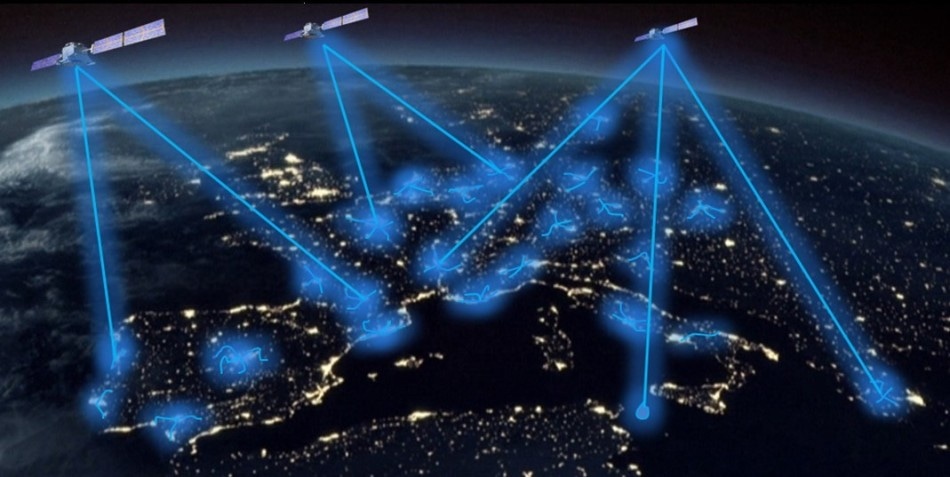Thales has been an active participant in quantum technology research for several years already. For instance, Thales research centers are working on subjects ranging from quantum sensors and quantum measurement instruments, to quantum communication as well as various building blocks of quantum computers.
 Quantum communication infrastructure being developed in Europe (Photo: Thales)
Quantum communication infrastructure being developed in Europe (Photo: Thales)
It was therefore only natural that Thales join the AIT (Austrian Institute of Technology) consortium, chosen by the European Commission to conduct its OPENQKD project, the forerunner to a major European quantum communication infrastructure. Its primary objective is to drastically strengthen security for critical applications in telecommunications, finance, healthcare, electricity supply and public services. In a subsequent phase, it will support the networking of quantum computers, which heralds a new type of Internet. Budgeted at 15 million euros, this is the only project of its type in the world. The consortium led by AIT is composed of 38 companies and research organizations across the continent as partners.
OPENQKD aims to change the way we perceive, understand and use quantum communication. Its main goal is to create and test European components of communication networks that include quantum devices, to implement applications such as quantum cryptography (Quantum Key Distribution, QKD). The keys generated by QKD provide ultra-secure encryption to transmit data with a very high level of confidentiality.
Thales is making two main contributions to this project, one on land, the other in space. The former entails providing encryption equipment compatible with QKD for terrestrial networks, with the aim of creating a European center of expertise in this area. Secondly, Thales will define the space segment of a quantum communication network, because these types of networks will need satellites to provide coverage across entire countries or continents.